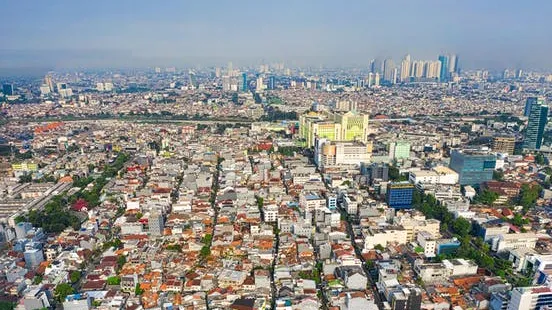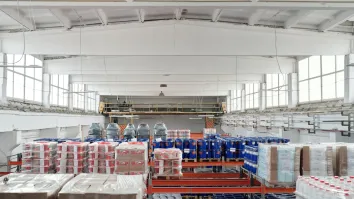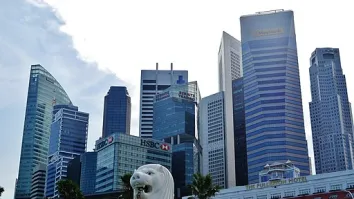
Why Japanese developers are key players in Indonesia’s residential market
They are responsible for 5% of the condo units in Greater Jakarta.
Foreign investors are drawn to the business opportunities available in Indonesia because of the country’s socioeconomic profile. According to JLL, with a population of more than 270 million people, Indonesia ranks as the world’s fourth most populated country with a predominantly young population. Indonesia has also maintained relatively healthy economic growth of around 5% y-o-y, despite having a setback from mid-2020 due to the pandemic.
JLL says the residential sector has been one of the most attractive real estate sectors from an investor standpoint. Investors’ interest in core Jakarta, as well as in Greater Jakarta, remains strong. “Initially, condominium supply was highly centralised in Jakarta as a more affordable alternative to landed housing. However, the condominium development started to grow actively outside Jakarta after 2014, targeting more than 30 million residents within Greater Jakarta,” the analyst added.
Here’s more from JLL:
Currently, we estimate the uncompleted supply of condominiums being offered spread across the Greater Jakarta area to be more than 100,000 units. Of all these units, almost 90% are developed by local developers, 5% by Japanese developers, and the remaining are developed by other foreign developers.
Historically, Japanese developers have shaped the real estate market in Indonesia. Many developers have become household names in the property scene in Indonesia, developing various projects such as residential, industrial estates, offices, and shopping malls. Typically, they do solo or joint development projects with local partners.
The uncompleted units by Japanese developers are spread around 38% each in Jakarta and Bekasi and 12% each in Tangerang and Bogor. Most of the supply is in Jakarta because it is the country’s capital and where most businesses are concentrated. At the same time, in the Bekasi area, some projects were developed around or inside industrial estates, mainly targeting expatriates.
In terms of market segment, most of these projects target the middle to lower grades, and only small numbers of upper-grade condominiums are being offered. A common focus with middle to lower-grade condominiums is affordability, with most offerings being smaller units. As such, the unit types offered are dominated by the studio and two-bedroom units with a proportion of around 40% and 30%, respectively.
Aside from the officially launched condominium projects, several Japanese companies have also announced their plan to launch their projects soon. The continuous growth of the population in Indonesia, mainly in Greater Jakarta, and the government’s focus on improving accessibility and infrastructure, including developing Transit-Oriented Development (TOD) areas, will likely attract foreign developers to participate in developing residential projects.



















 Advertise
Advertise





